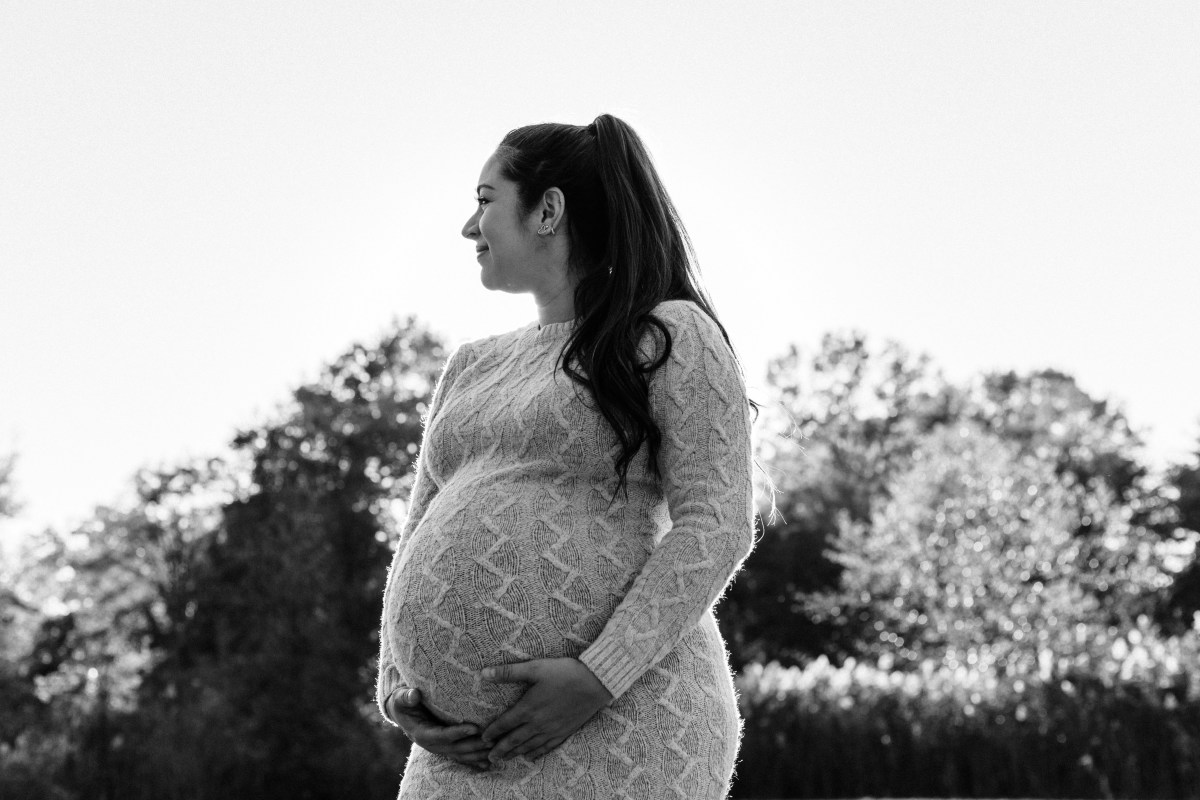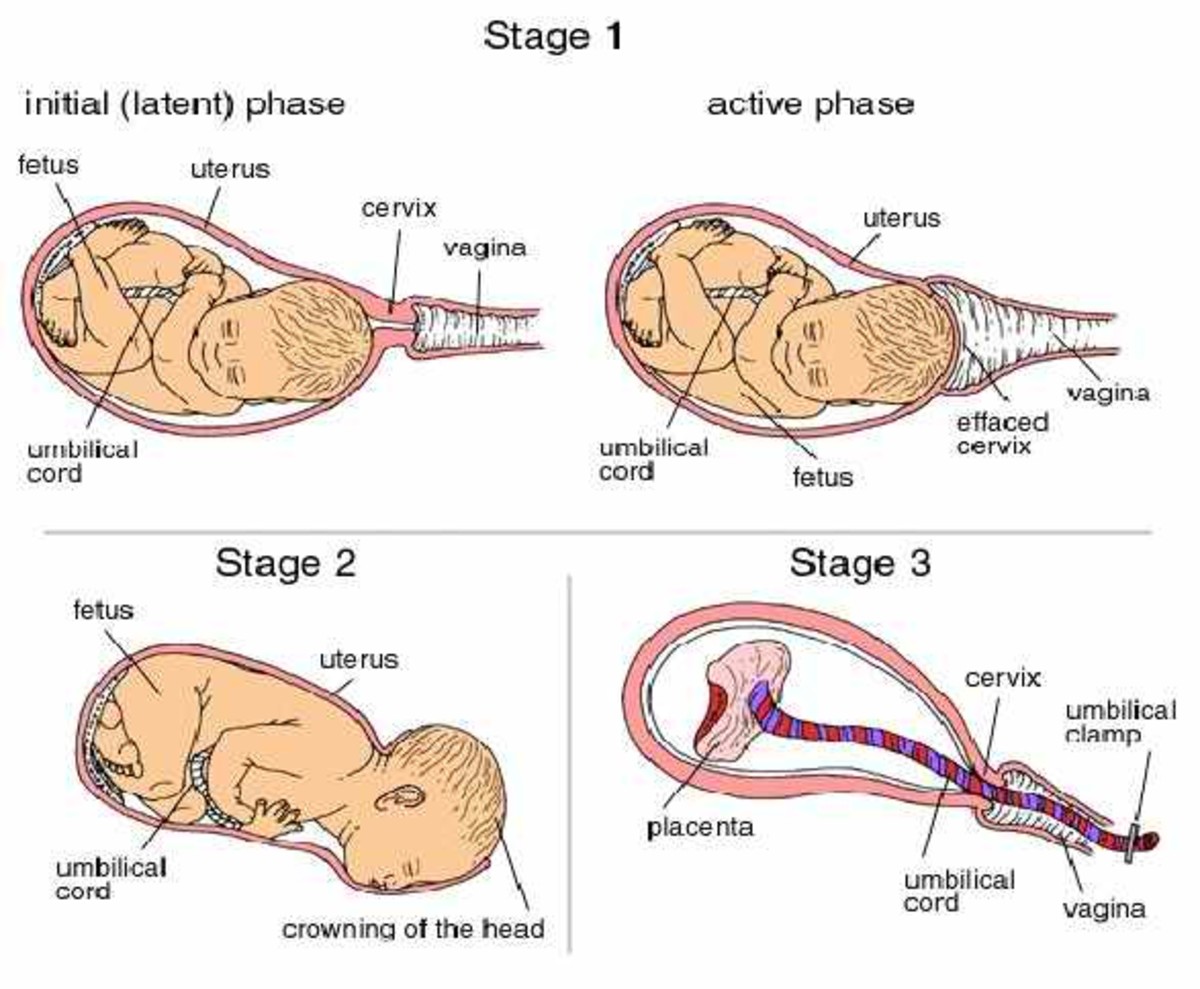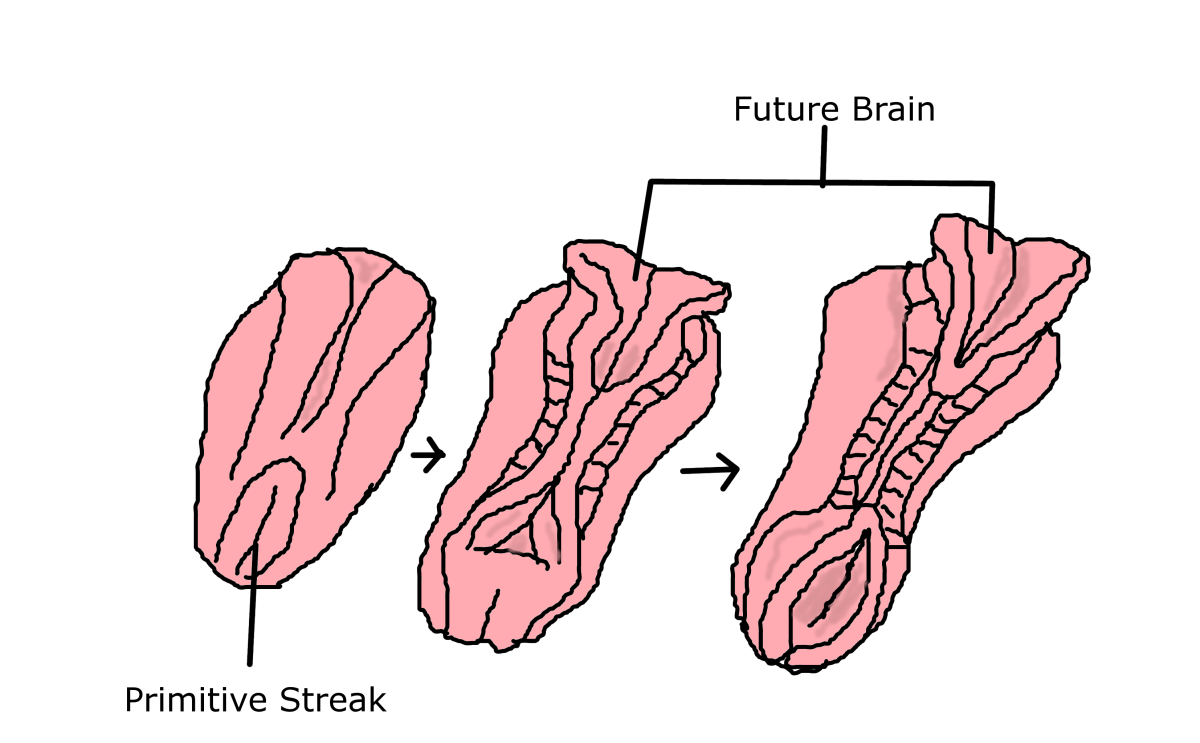- HubPages»
- Health»
- Women's Health»
- Pregnancy
Signs That You Are Going Into Early Labor Prematurely
The First Signs Into Premature Labor
Sometimes despite the most nutritious diet and unswerving belief in the normality of birth things do not go to plan. Though in many situations you may be able to use some simple remedies this may not always be possible and you might find yourself facing a high risk birth. Before you get too worried about this lets have a look at what constitutes a high risk birth along with the signs of going to labor prematurely and what you can do to ameliorate the situation. We will also take a look at what you might expect to encounter and how best to face it.
Unanswered Questions About Signs That You Are Going Into Early Labor That You Should Read About
The first signs that you are going into labor prematurely is that your waters break you experience some vaginal bleeding or that contractions commences and it usually happens when you least expect it. A lot of women are not aware of the risks, however, I am sure that women carrying multiple babies or those with a history of abnormality and women with diseases such as diabetes or kidney disease may already be aware that they are highly likely to have a premature birth. Most of the other issues are related to your environment and lifestyle such as poor nutrition and heavy physical activities are all causes for an early labor to come early. So if you are aware that you are in a high-risk category then you may wish to reduce your level of physical activity and stress. If you are in your last month of pregnancy some high-risk mothers need complete bed rest. The earliest sign of premature labor can be watery of pink discharge and it is usually jellylike. Prompt attention is needed as each extra day your baby is in your womb will make a lot of difference. If you suspect that your membranes have ruptured or not sure whether you have control of your bladder do not hesitate to seek medical attention.
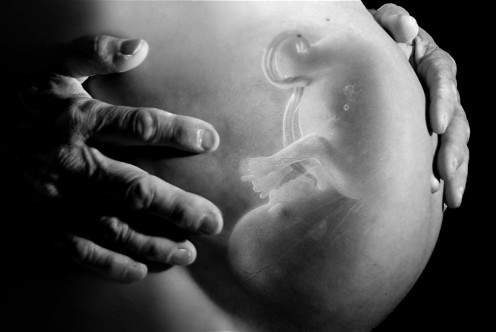
How Early Can We Save Babies
Babies are nowadays being saved at the earliest stages of pregnancy. Infants born as early as twenty-four weeks though it comes with a stressful fight can now survive. Medical teams nowadays do their utmost effort to save little babies which are a matter of great joy to parents but raises some concern. However many very low birth weight babies go on to have quite serious illnesses and disabilities.

Preventing Premature Labor
If you are a high risk mother and your membranes are intact you can take steps to prevent it. Even if your waters have broken and the leaking stops and the membranes heal use some preventative treatments although it is important to take the advice of your midwife or doctor.
- Avoid lifting heavy objects and always bend your knees not your back.
- Bed rest and relation is very important.
- A warm bath can be very relaxing use warm water to stimulate the uterus. To be honest going to the bathroom is the only time you should get out of bed.
- Warmth is comforting to the uterus so avoid cold drinks and food but instead eat warm foods such as soups and casserole. Herbal teas are comforting as well.
- Give it a good balance as heat stress and dehydration can also increase premature birth.
- Drink lots of purified water and make sure it is not with ice but rather at room temperature.
- Important nutrients during his time is magnesium and Vitamins C and E.
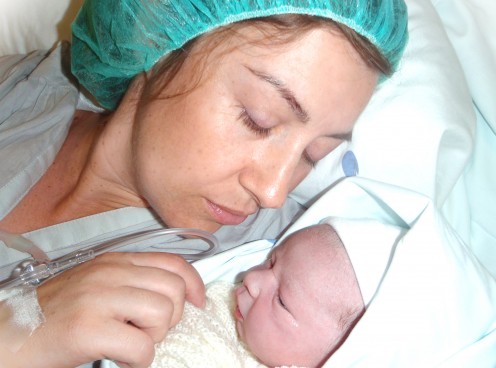
More Information About Early Labor Signs
Bright Red bleeding during the first stage of labor
This indicates that the placenta has possibly separated from the womb and then medical intervention is needed. If you start bleeding towards the end of your pregnancy an ultrasound will be performed and to ascertain the position of the placenta.
Conditions Which May Require Medical Management
Prolonged Rupture of the Membranes
- If this is not followed by the commencement of labor within twenty-four hours there will be a risk of infection and your doctor may recommend induction. However as the amniotic fluid constantly renews and observation may be sufficient.
Premature Rupture of Membranes
- Hospitalization is usually required if your membrane ruptures before thirty-seven weeks so that the progress of the baby inside your womb can be monitored. They will keep an eye on your temperature to make sure that there no infections at this stage. Treatment in this situation will depend on whether labor continues. A small rupture that results in a continuous leak but the moderate loss of fluid may still heal spontaneously. However, the risk of infection may be the deciding factor in the decision to induce labor.
Facing Medical Intervention In Premature Birth
If you find yourself having to cope with medical intervention during premature birth discuss medical complications with your doctor or midwife and discuss this along with your support team. It can be difficult if you are in the middle of a situation to make a decision and communicate your decision and have them respected. Induction or Caesarean is the most common medical intervention when giving birth. Even if medical intervention is not what you wanted at the beginning of your pregnancy this does not mean that things have gone wrong. After all, the entire main goal here is to get your baby born with minimum harm to both of you. This may not how you have envisioned your birth however you certainly do not want to compromise those precious days with your baby looking back with a lot of regrets. Once your baby arrives all your love and energy will be required to focus on mothering and bonding.
Miracle Baby Premature Birth
Once you get the sign that you are going to labor prematurely practice some simple prevention and know exactly what to expect however you should still be prepared for the unexpected and trust your caregivers to make the choices that you prefer. If you feel involved in all the decision that are made while preparing for a premature birth along with your support team and go into the birthing experience with an open mind you will be able to flow with whatever occurs and come through it all knowing that you and your baby had the best birthing experience possible.

